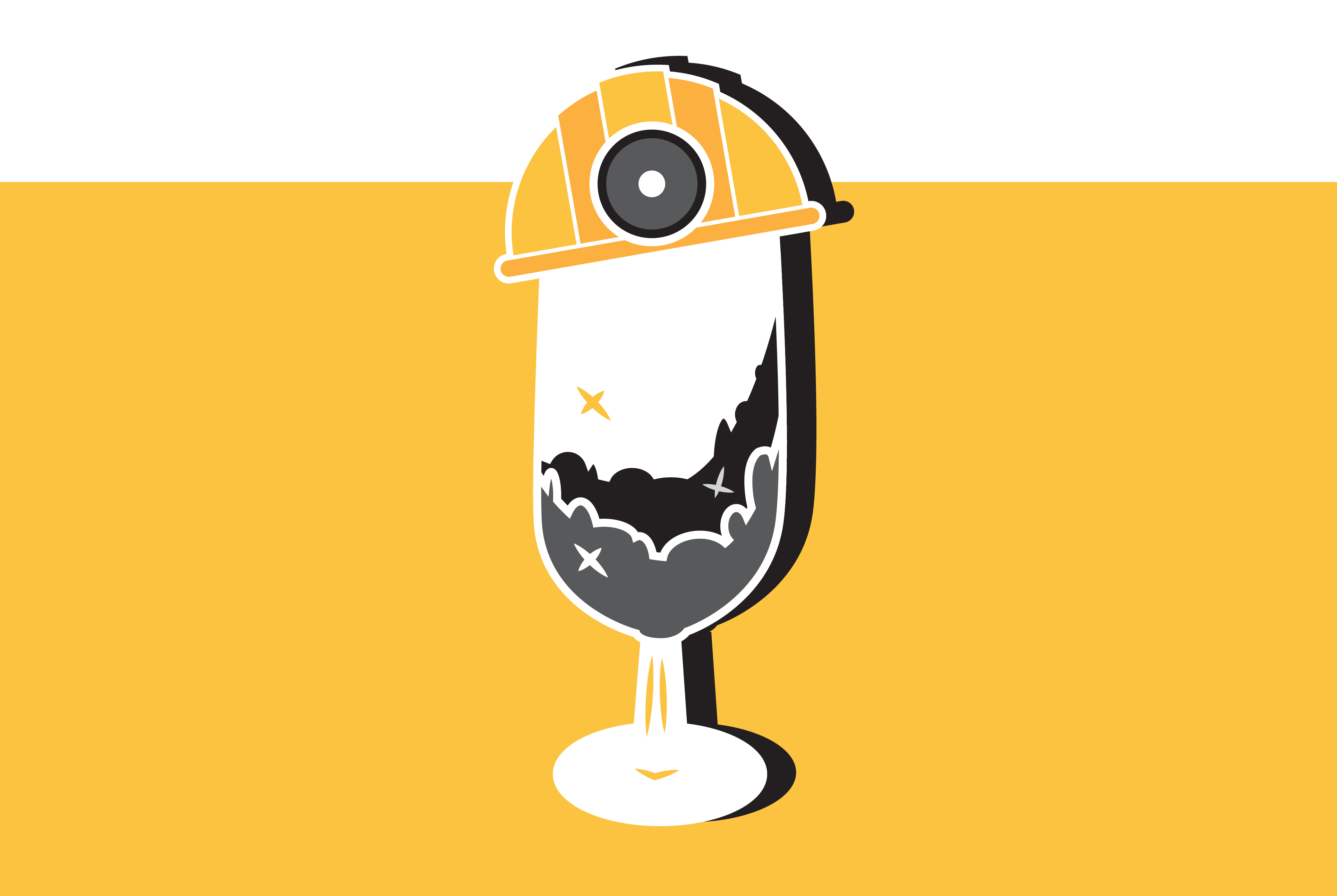Shop
What’s a Dortmunder Beer?
A German coal miner's beer that has resurfaced throughout the US.
The steam whistle echoes through the dark mine shaft and you gratefully lay down your pick axe. After a 12-hour shift deep underground, you’re caked in black dust, your feet ache, and you could really use a shower and a cold brew. As you step out of the mine and re-enter the hazy Ruhr metropolitan region of West Germany, you head straight to the nearest pub and order a beer fit for a hardy coal miner like yourself: a Dortmunder.
Slightly maltier and a deeper gold than the Pilsners brewed in nearby Pils, the Dortmunder was a lager made for 19th century German industrial workers. High levels of sulfate in the region’s water gave the beer a distinct sulfur flavor that balanced with the bitterness from the hops. Named after its city of origin, Dortmund, the Dortmunder lager was never less than 5 percent ABV: light enough to quench a coal miner’s thirst, but hearty enough to reward him for a long day of manual labor.
As the steel and coal industry gradually diminished in West Germany, so did the production of Dortmunder lagers. However, today there are many breweries outside of Dortmund that brew a version of the lager, including Great Lakes, 3 Floyds, and Two Brothers.



